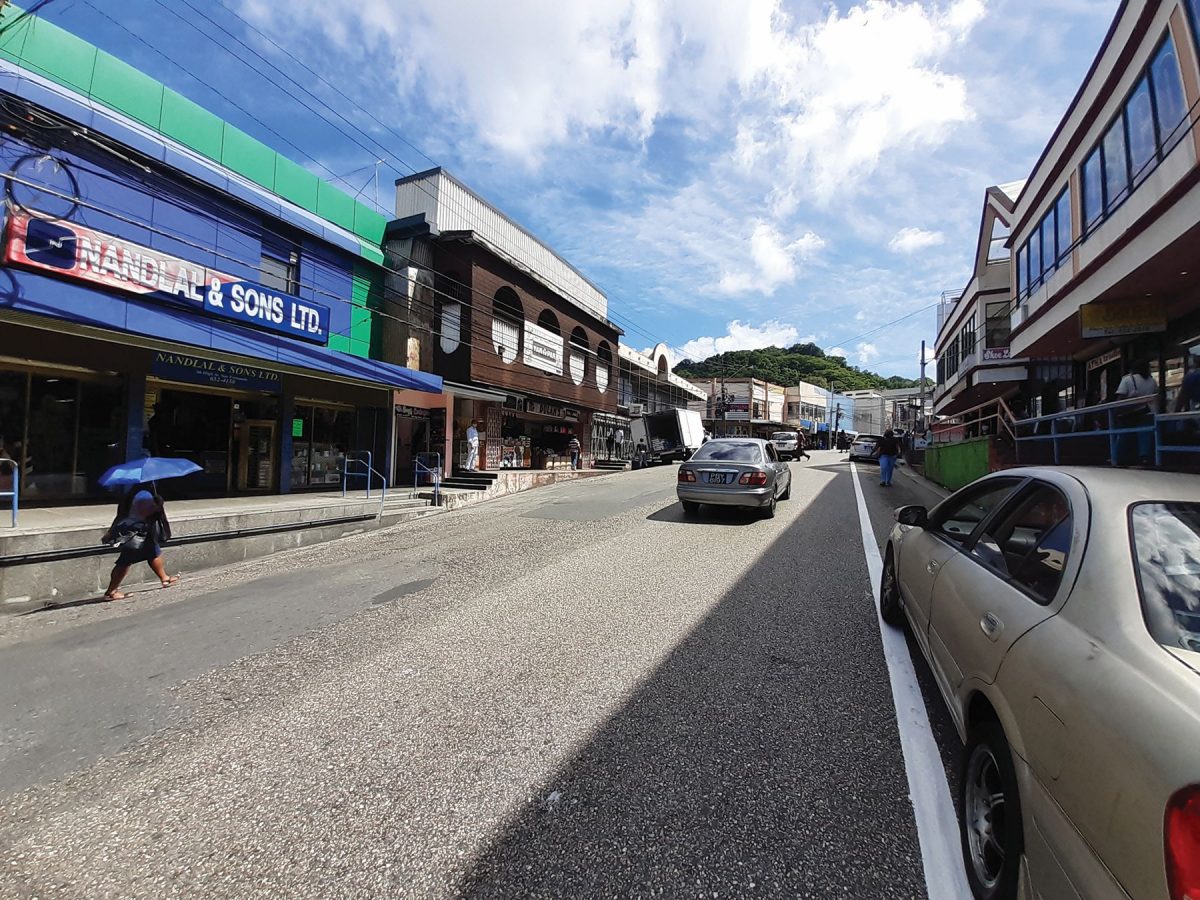(Trinidad Guardian) One year after T&T reported its first case of COVID-19, hundreds of businesses have been forced to permanently close their doors, while others that have remained open continue to see a drastic fall in sales. Hundreds of people have been laid off while others have been asked to work fewer hours as employers struggle to keep them on their payroll as they face their worst crisis in decades.
The statistics paint a depressing picture. 25 per cent of businesses in San Fernando and the environs have been closed permanently. Ten per cent of businesses in the Sangre Grande area have closed their doors while sales in that area have fallen by 35 per cent. In some other areas, sales have almost collapsed by 50 per cent. Stores in some malls across the country have had to shut their doors, leaving what was once a vibrant entertainment centre looking like ghost towns in some instances.
Closed borders that restrict trade, the shortage of forex, lockdowns on some operations such as pubs, limited operating hours for bars and stringent COVID regulations on how patrons can be served have put businesses under pressure.
CEO, T&T Chamber of Industry and Commerce Gabriel Faria has estimated that at least 1,000 businesses closed their doors since T&T tested its first COVID-19 case one year ago.
He noted that he is not basing this figure on empirical data but it is his “perception” after speaking to business owners throughout the country.
The other statistics he gave also reflects the poor state of the economy.
He believes that unemployment is “in excess” of ten per cent. To make it worse, he said, people are working but the number of hours have been cut so they take home less pay.
“There is reduced aggregate demand so that consumers are not spending and businesses have to reduce their costs and they are using different types of mechanisms to keep their employees employed.”
Some sectors are doing worse than others, he added.
“At the moment, restaurants, casinos and bars are most impacted and it is in these sectors where unemployment and underemployment are at the highest,” he said.
He also estimates that T&T’s GDP decline in 2021 was at least ten per cent, one of the steepest declines in T&T’s economy in the last 40 years.
Now, concerns about the pace with which the Government will be introducing the vaccines have added to the grim situation.
Faria said the Chamber’s members are concerned about the time it takes to acquire the vaccines.
For the economy to fully reopen and to start growing again, he said there needs to be an “aggressive” vaccination campaign which he hopes will happen before the end of 2021.

